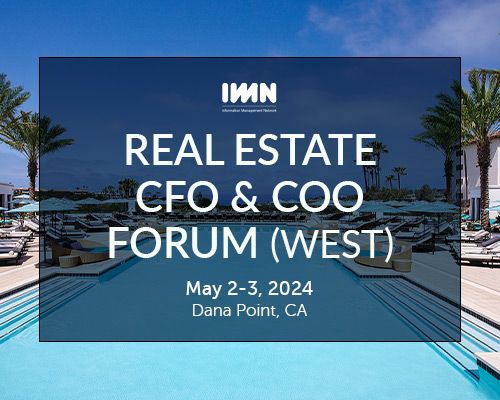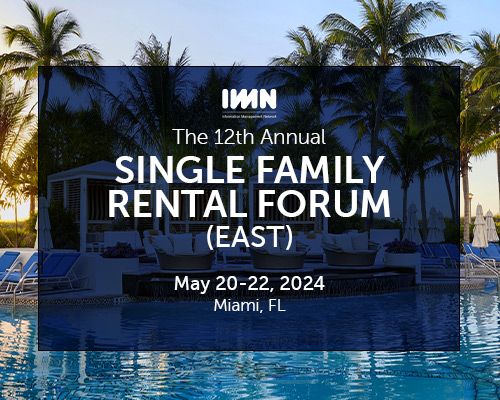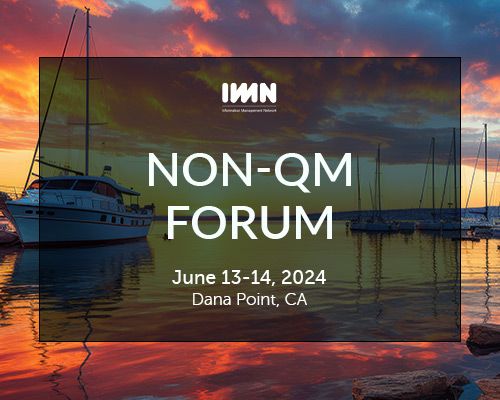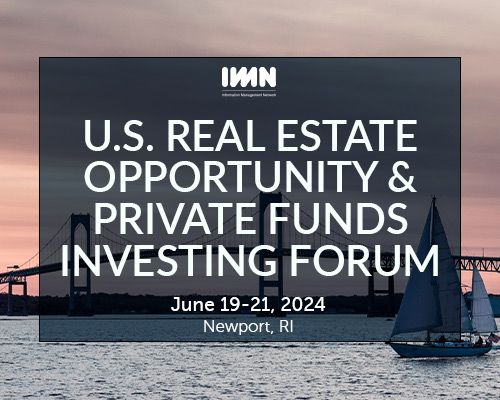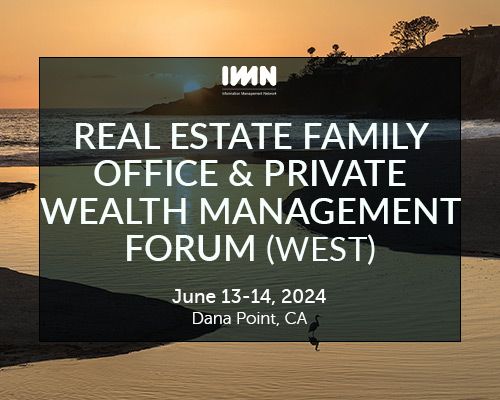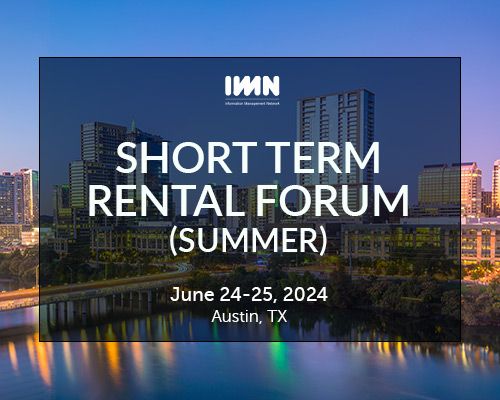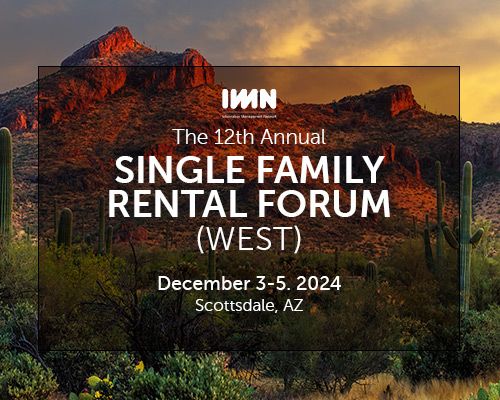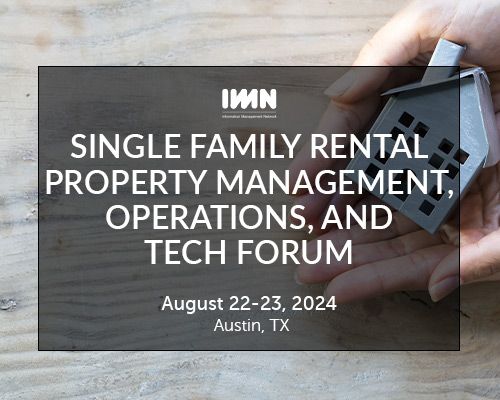-
Three years established and a full service, vertically integrated Build-to-Rent platform focused in the Southeast, we chat with Trilogy...
-
“The nation’s largest engineering and inspection firm”, Arcxis cover the gamut from mechanical to electrical to energy modeling, the list goes on...
-
Bringing a wealth of market knowledge Jeff Cline shares contributing factors to investment opportunities amidst evolving...
-
Now running his third company in this space, Simon sat down with IMN to share the experience, scalability, and difference of Tiber Capital in the SFR industry...
-
In his own words, Ethan says Latchel is: "A software platform that helps companies improve their maintenance sufficiency's, as well as providing a suite of...
-
With Charlie's Build-to-Rent book picked up by Forbes, he's someone to have on your radar - particularly if you're in Texas.
-
Who are Excalibur Homes? Dan tells us about their family owned business serving as "a third party property manager, managing and leasing assets for...
-
Sarah and George cover a range in this conversation, from renters insurance: the struggles but also the solutions. Plus, the products to help rent reporting - across both reside...
-
We're talking how investor market interest rates are affecting valuations and what to expect from cap rates for market trading.
-
Repercussions of the macroeconomic environment on the SFR sector, ILE Homes' use of technology, and what to expect for the SFR industry across the next ten years.
-
Creators of impactful real estate solutions for aggregators and servicers nationwide.
-
Providing construction solutions for commercial and residential real estate.
-
An On-Demand network helping property owners expand their boots on the ground.
-
Helping clients find deals, as well as close them.
-
Portfolio trends, growth priorities, and what sets Invitation Homes apart within the Build-to-Rent space.
Spotlight Interviews
IMN Podcast Episodes

IMN Insights Blog
We're sorry, but we couldn't find any results that match your search criteria. Please try again with different keywords or filters.
Loading
-
Bringing early insights to key questions, access the speaker newsletter for extended stay fundamentals, need to knows for owners/operators and, brands - too many or too few?
-
Ahead of IMN's Single Family Rental Forum (East) this month, May 20-22, some members of our esteemed speaker faculty have shared preliminary answers to key questions. Read and get up-to-speed, share w ...
-
BOB CLIPPINGER, CEO, Clippinger Investment Properties What will the 2024-25 distress market look like? It will be longer than expected as many investors, sponsors and equity players are unsure of wher ...
-
The energy at the IMN BFR conference in Nashville set a promising tone for 2024. IMN events are always a great way to litmus test evolving dynamics and opportunities in the SFR market. In addition to ...
IMN Quarterly Newsletter

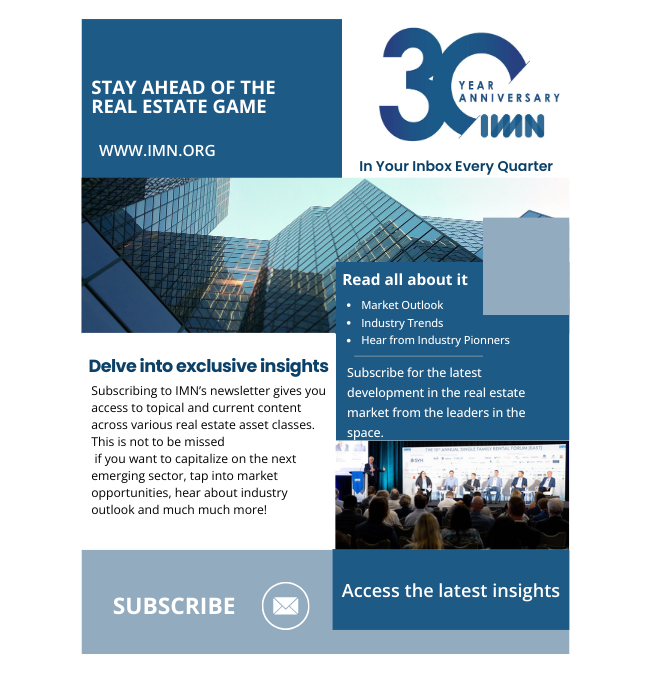
Delivered to your inbox every quarter, IMN's newsletter keeps you up-to-date with the latest industry news, developments and trends. Featuring high-level takeaways from our recent conferences, as well as interviews with industry pioneers, company spotlight features, and much more, you cannot afford to miss an issue!
Content Advertizing Opportunities
Our new Thought Leadership advertizing options allow you to leverage IMN’s extensive database of professionals covering sectors across Residential and Commercial real estate finance. Our database is refined and updated on a weekly basis to include new products, customers, prospects and active leads.
Roundtables & Webinars
Sponsor a roundtable, featured at one of our events and get your brand in front of a targeted and captured audience. Host a webinar and delve into your subject matter expertise.
Deliver tailored content through a wide choice of formats to a highly targeted audience of real estate professionals. Review our Thought Leadership Deck to find a content package that suits your needs. Packages are fully customizable so get in touch today to discuss your goals.

)
)
)
)
)
)
)
)
)
)
)
)
)
)
)
)
)
)
)
)
)
)
)
)
)
)
)
)
)
)
)
)
)
)
)
)
)
)
)
